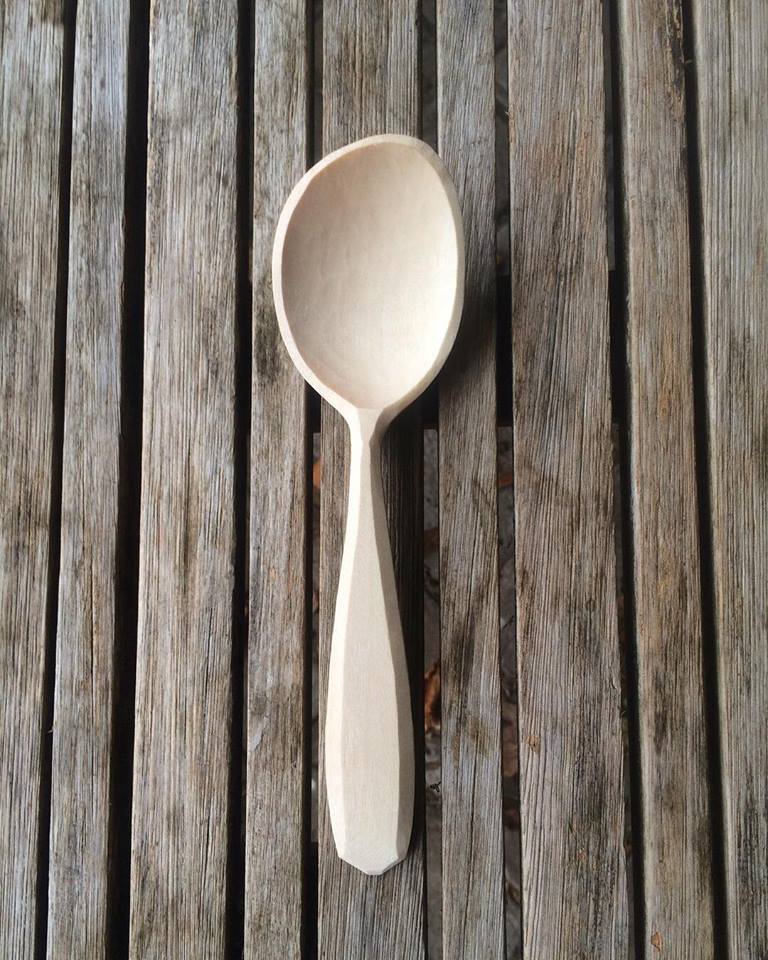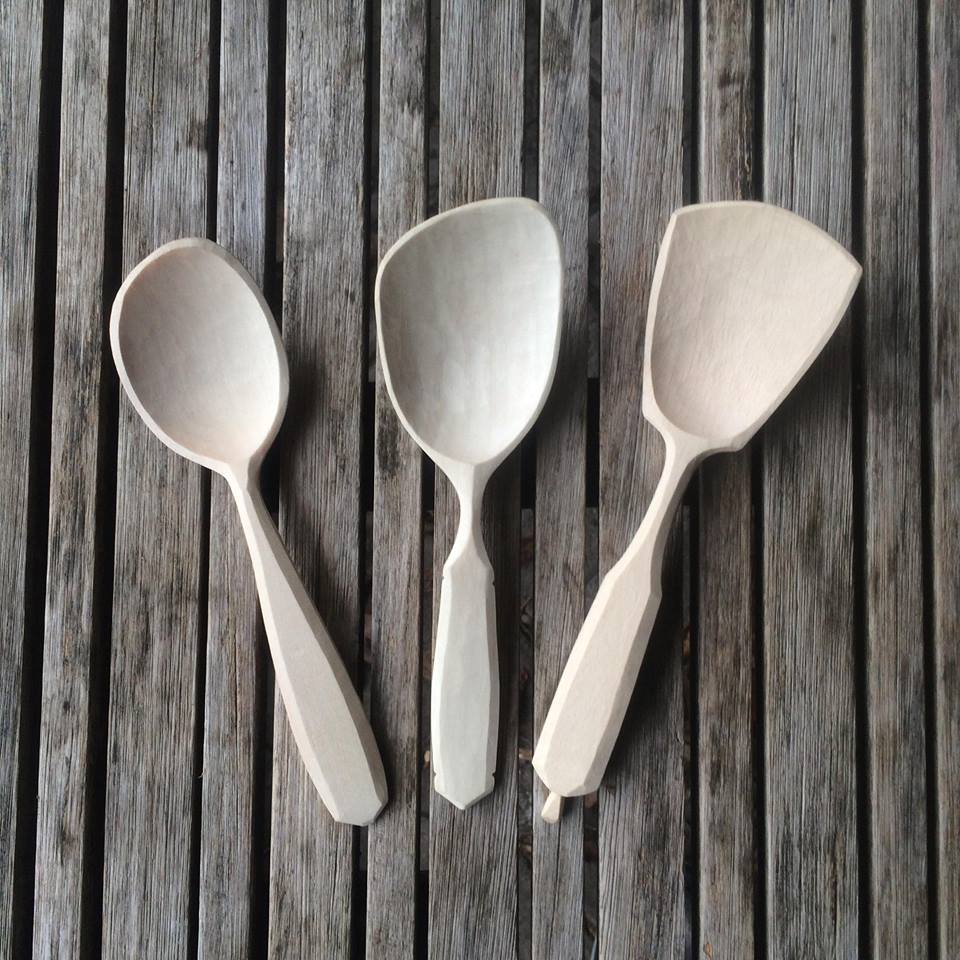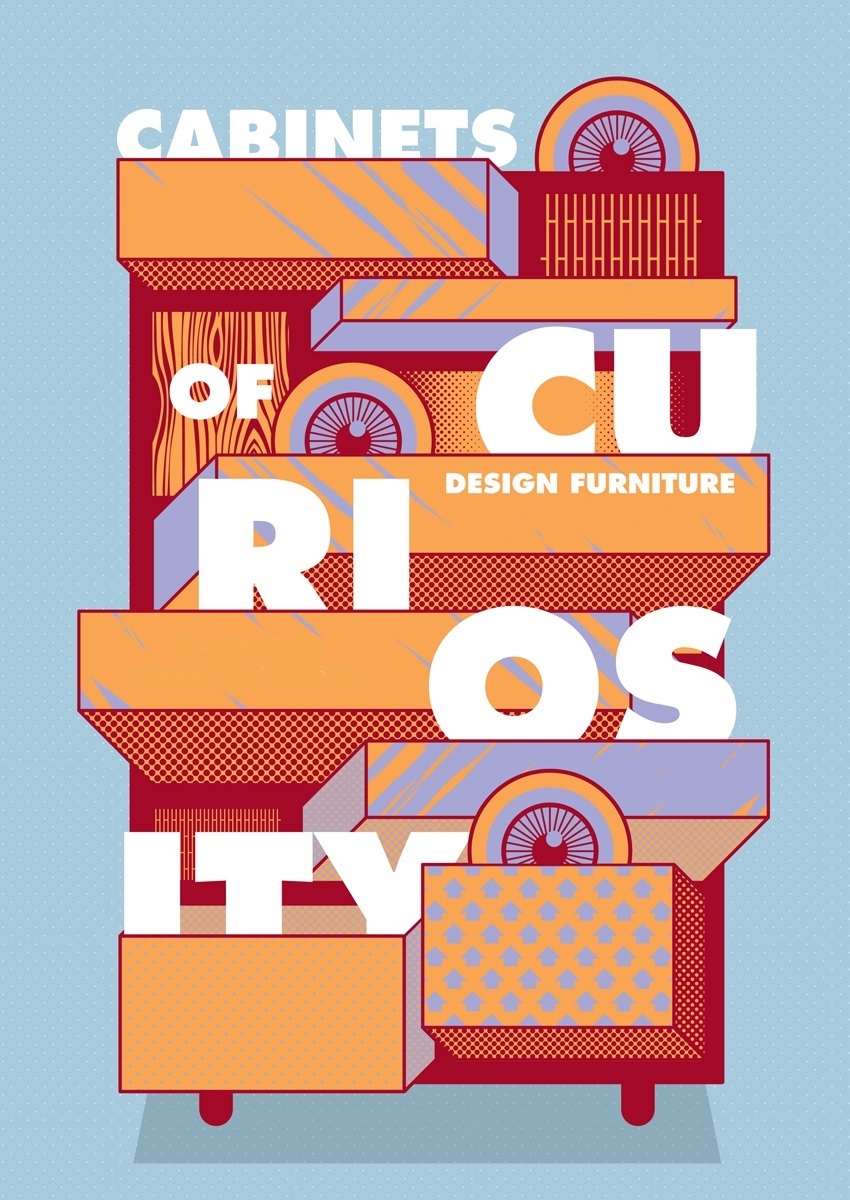Buzz feed
Spoons by Annette Koehnen





Paying forward
Generosity takes many forms. Like the honey bee that works its entire life servicing the hive, with such dedication that overproduction is inevitable, and this has been so since time began. Does the bee accidentally pollinate every flower it visits while in search of nectar or does it actually gain satisfaction from its work, well aware of the auxiliary activity? We admire the dedication of bees, they don’t give up their honey willingly but at the same time they do not seem to hold a grudge. And even if we didn’t need them for their honey, we would be in a bad place without them. So what do we do for them in return?
Every little bit helps
Many societies frown on the idea of a human hive, championing the rights of individuals. After all, we aren’t bees and we like to think we are a little more complicated and important than that, so what could we learn from them? Bees work together in the hive. Help each other when out and about. Yet they go about most of their work independently. Bees always appear to be so organised and busy that they haven’t really got time to worry about anything else, apart from getting the job done. As they have found something useful to do, which has a side-effect, that is important on a global scale, we would be foolish to get in their way. Is that what we are looking for as humans? A globally significant purpose that we can practice individually?
Ideas
Take for example a maker of wonderful things, who has an idea buzzing around in his or her head. When they transform it into something useful and release it into the world, it can end up in places they had never imagined when the idea for it was born. Good things feed people (like honey) and influence and interact (like pollination) with other people’s thoughts, and evoke pleasure through their aesthetic qualities (like flowers do) and nourish them (as pollinated flowers produce fruits).
Intentional?
Globally significant changes can start with something as tiny as the pollination of a blossom, providing it doesn’t stop with one and you can encourage others to get involved. Through sharing an idea that is optimistic and kind, good designers make things, as well as they can, for people they will likely never meet and yet they care that those people, whoever they may be, are comforted or assisted by their kind thought. A thought they shared, something that rubbed off them, while they were busy collecting nectar.
